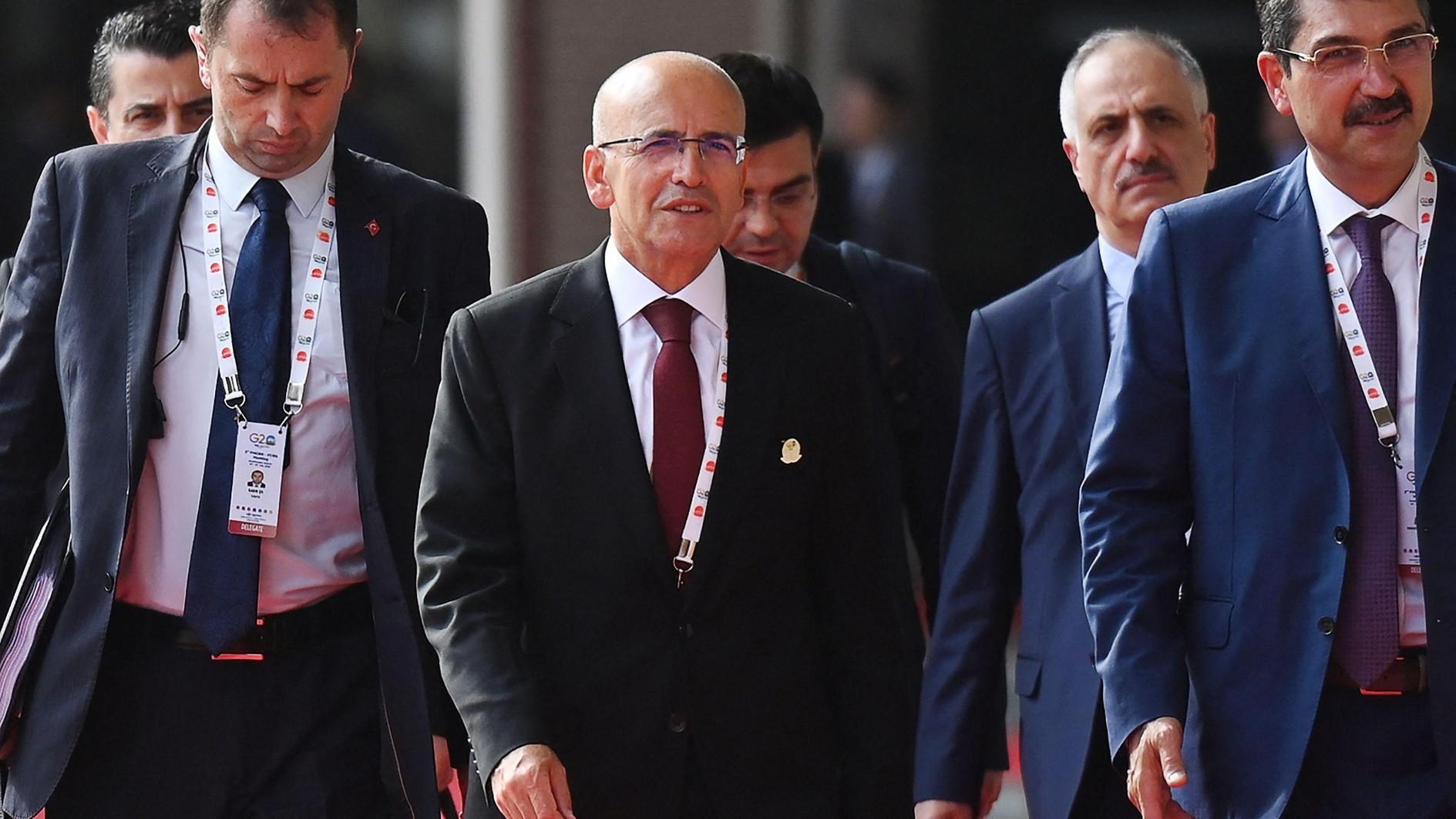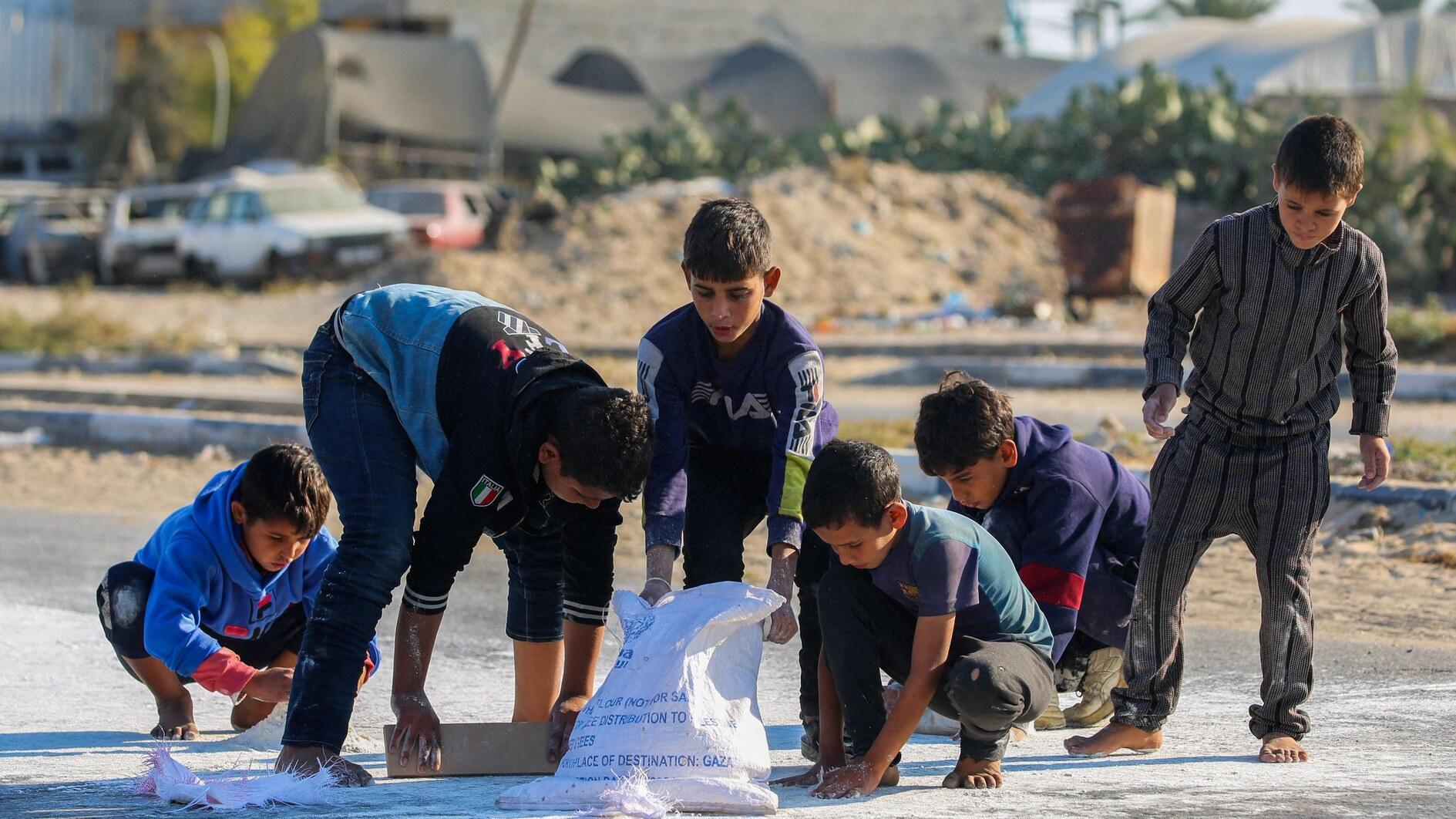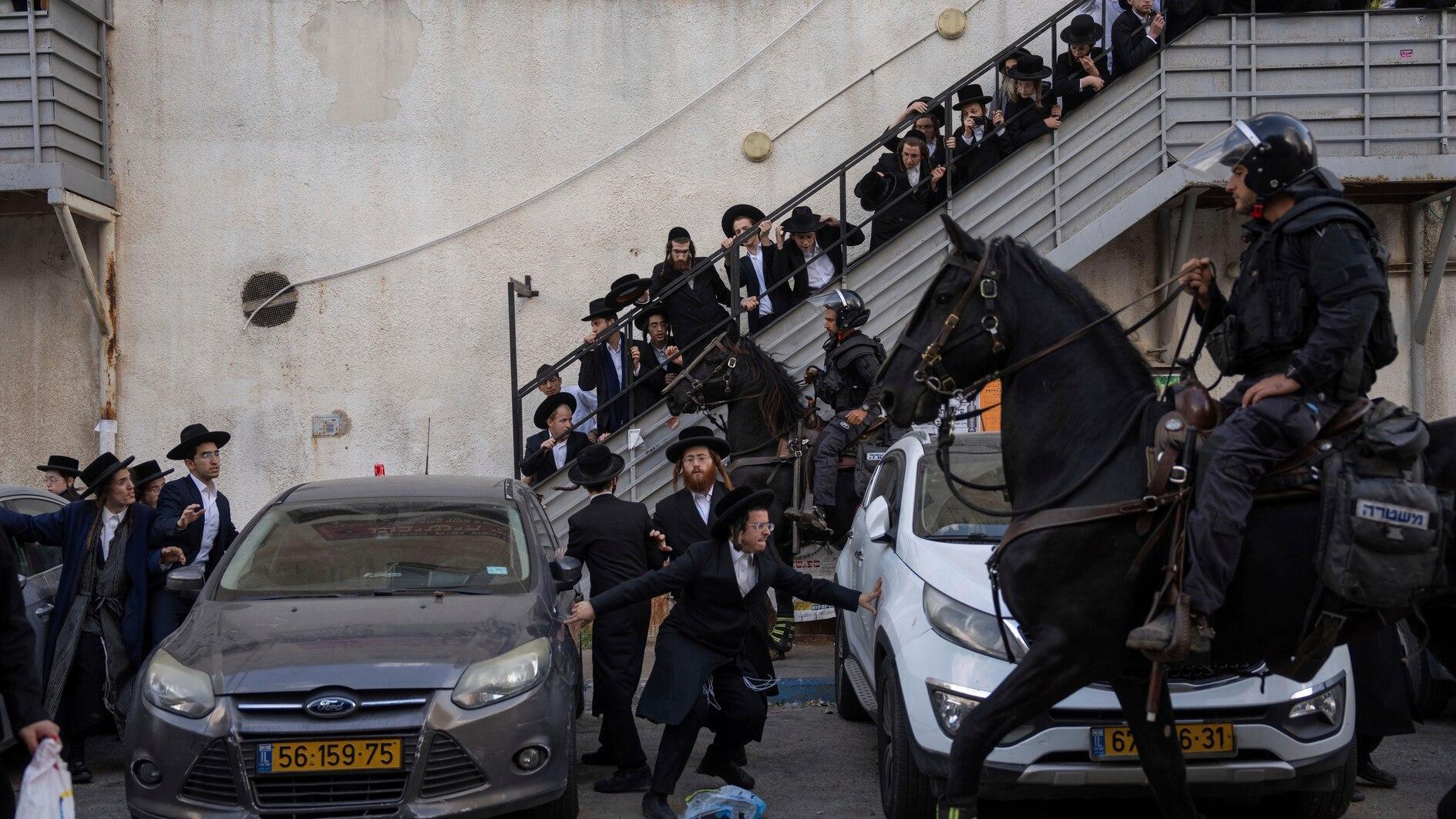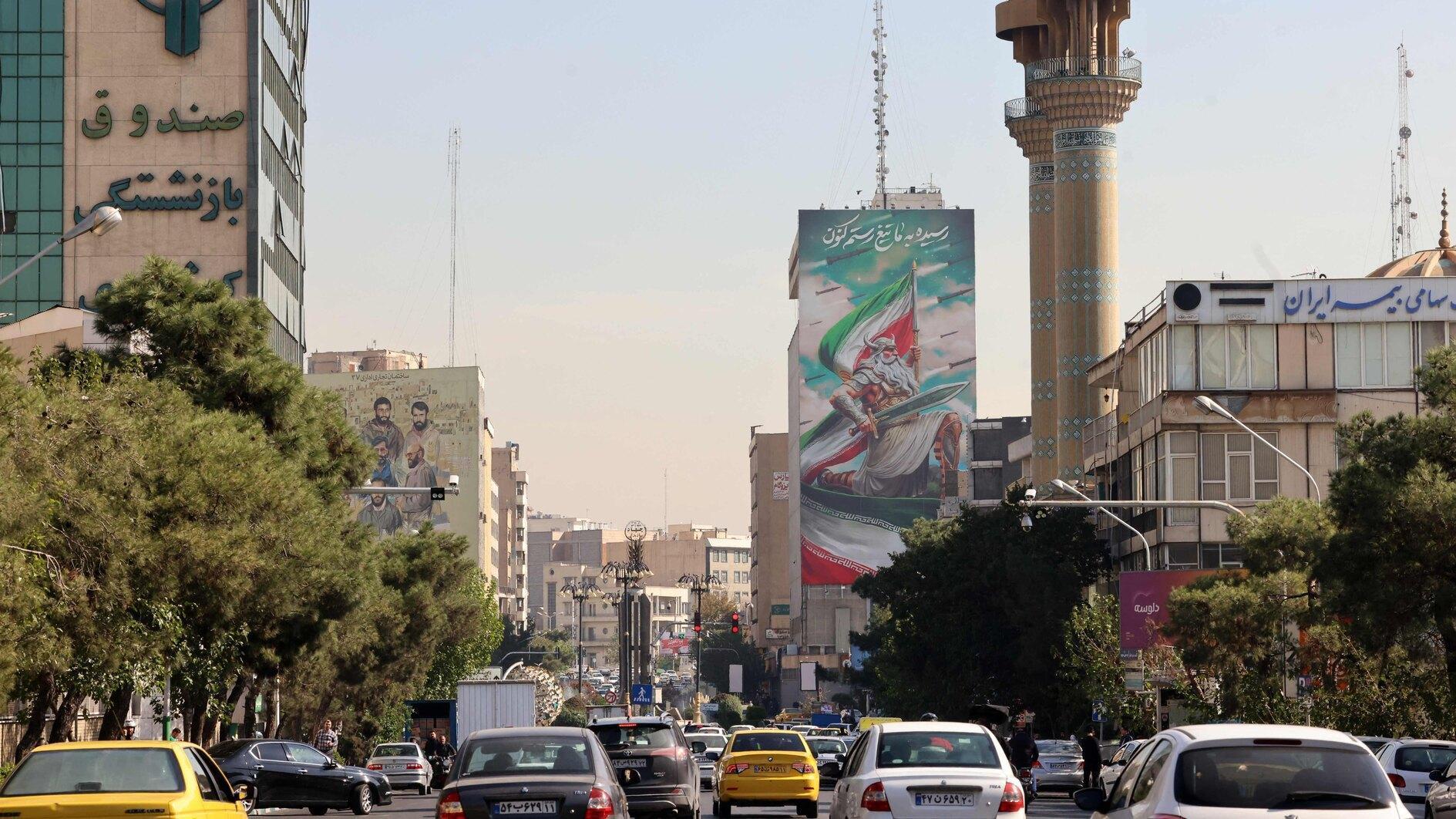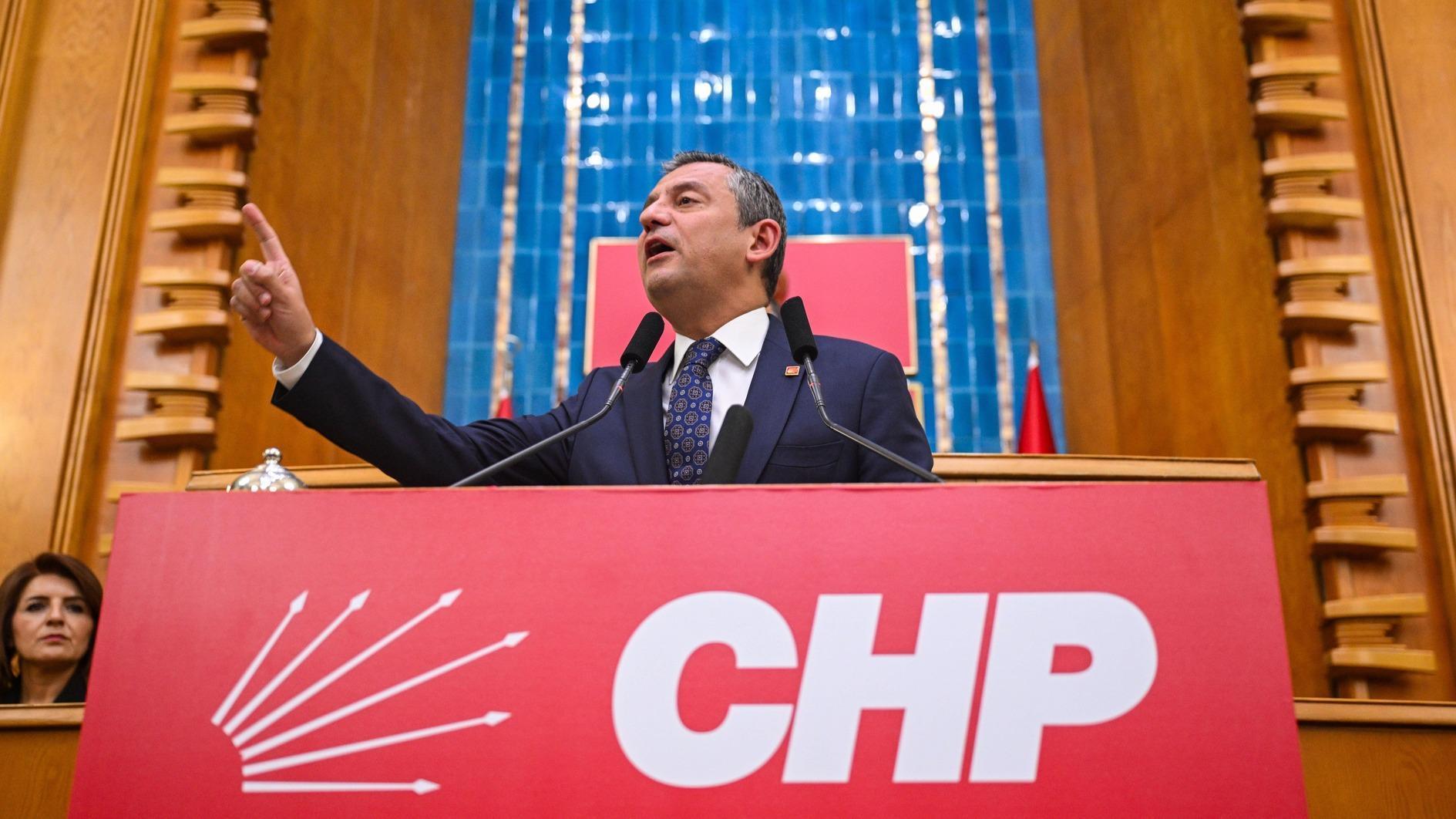Celebrating diversity
HOUSTON
I am on a month-long book tour in the United States, the first stop of which is this largest city of the largest state. What makes Houston even more interesting though is its amazing diversity.When you sit at a downtown cafe, it is likely that you might see faces from all the basic races on Earth - the Caucasian, the Asian, the black, and the brown. What are even more numerous are the ethnic cultures. As I have learned, there are around hundred languages spoken in Houston every day. It is almost close to the diversity that one can find at the United Nations.
This amazing diversity might have peaked in this big Texas town, but it is, of course, a feature of the United States itself. It also is one of the key reasons behind the success and creativity of the world’s superpower. America is undoubtedly the most creative country in the world, and it owes this, at least partly, to the cultural richness brought by the huge number of immigrant communities. The crucible of cultures creates a super colorful palette.
For most Turks, however, this diversity might be hard to understand and appreciate at the first sight, because the national paradigm of Turkey has, for a long time, defined diversity as not an asset but threat. In fact, minimizing or erasing anything than Turkish has been the official policy of the state and, thus, a learned reflex of the society. Diversity, in this logic, was the recipe for division, which was the way leading to conflict.
It is too unfortunate that modern republican Turkey put itself into this monist paranoia, because the Ottoman Empire that preceded it was much more pluralist and self-confident. It had not occurred to any Ottoman statesmen that Kurds, for example, were in fact “mountain Turks,” whose non-Turkish language had to be banned and erased. It is true that the post-Ottoman nationalism was a response to the disintegration of the empire. But it was an overstated response.
However, in no Muslim-majority society today is diversity appreciated enough. Rather, in some places it is feared and abhorred. However, the Quran, the very scripture of Muslims, honors diversity and defines it as the reflection of the divine will:
“Truly, We created you from a male and a female and made you into peoples and types that you recognize one another.” (49:13)
By defining the purpose of diversity as “knowing each other,” as opposed to fighting with each other, this Quranic verse gives a very profound insight about the nature of human societies. God made humans as different groups, so that they will discover each other’s ways and learn from them.
Another Quranic verse gives a similar message by noting diversity as one of God’s signs:
“And of His signs is the creation of the heavens and the earth and the diversity of your languages and your colors. Indeed in that are signs for those of knowledge.” (30:22)
In the light of such wisdom, Muslim societies, including Turks, should rethink how much they really honor God’s “signs” by respecting every diverse ethnicity, culture and language he has created. And if they still have fears about the practical impacts of diversity, they should take a look at the U.S. and see how the plentitude of human groups only makes human society much wealthier in all senses of the word.



